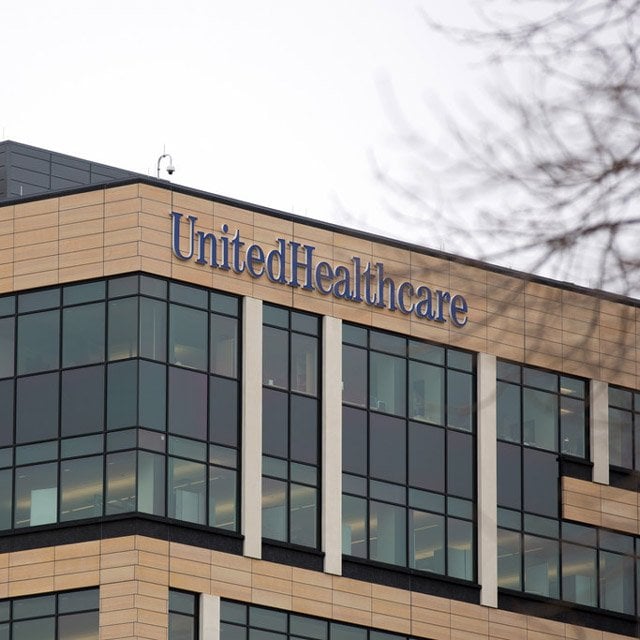UnitedHealth CEO Warns of 3-Year Medicare Squeeze

What You Need to Know
Problems at a medical billing unit have stopped up payments for more than one-third of U.S. physicians.
Medicare program managers are squeezing Medicare Advantage plan payments.
For now, the real earnings killer is Brazil.
UnitedHealth Group executives are working to cope with what they expect to be years of tougher Medicare Advantage payment and cost control strategies.
The Minnetonka, Minnesota-based health insurer and health care services provider, one of the biggest companies in the world, has a 29% share of the Medicare Advantage plan market and a 32% share of the Medicare supplement insurance market.
Just two years ago, the company was calmly steering customers through one of the deadliest pandemics ever to hit the United States.
But the company now faces two U.S. crises: a big ransomware attack on its Change Healthcare medical billing unit and the ongoing squeeze on the Medicare Advantage business.
Andrew Witty, UnitedHealth’s CEO, said Tuesday during a conference call with securities analysts that he believes that the company will continue to be well-positioned to perform well in the Medicare plan market and in other markets.
“We want to be very focused on ensuring that, year in and year out, we’re a super-reliable performer in this environment,” he said.
He did not give clear indications about any plans to change plan menus or coverage prices.
What it means: The challenges at UnitedHealth could affect older clients’ Medicare coverage and any client’s investment portfolios.
Most clients probably have at least some direct exposure to UnitedHealth’s stocks or bonds embedded in a mutual fund.
The Medicare Advantage climate: Shortly after UnitedHealth posted its earnings, the House Energy and Commerce oversight subcommittee held a hearing on improper payments at Medicare and Medicaid programs.
The witnesses, including Michael Chernew, of the Medicare Payment Advisory Commission, and Gene Dodaro, the head of the U.S. Government Accountability Office, talked about longstanding concerns that Medicare Advantage plan issuers boost the payments they get from the federal government by making aggressive efforts to increase enrollees’ “risk scores,” or indications of how old and sick they are.
Dodaro, for example, presented data indicating that improper payments amount to 6% of Medicare Advantage payments, or $16.6 billion of the total, and 7.4% of payments, or $31 billion of the total, at the “original Medicare” fee-for-service program.
Andrew said he sees 2025 as being the second year in a significant three-year phase of Medicare Advantage program funding reductions.
“We’re at the beginning of our thoughtful, responsible, three-year plan we developed last year to adapt to those changes,” he said. “Our strategy continues to focus on providing as much stability as possible in the reduced funding environment.”
Witty said UnitedHealth wants to respond carefully to Medicare program managers’ final 2025 rate announcement, which could increase federal payments per enrollee by just 3.7%.
“We want to make sure we don’t do anything that chases short-term growth but puts long-term sustainability at risk,” he said. “Really, from February last year, we’ve been getting ourselves lined up for this.”
Congressional Change attack scrutiny: The Change ransomware problems could make it more difficult for companies of all kinds, including life insurance and annuity issuers and their service providers, to fend off questions about their relationship to systemic risk.






